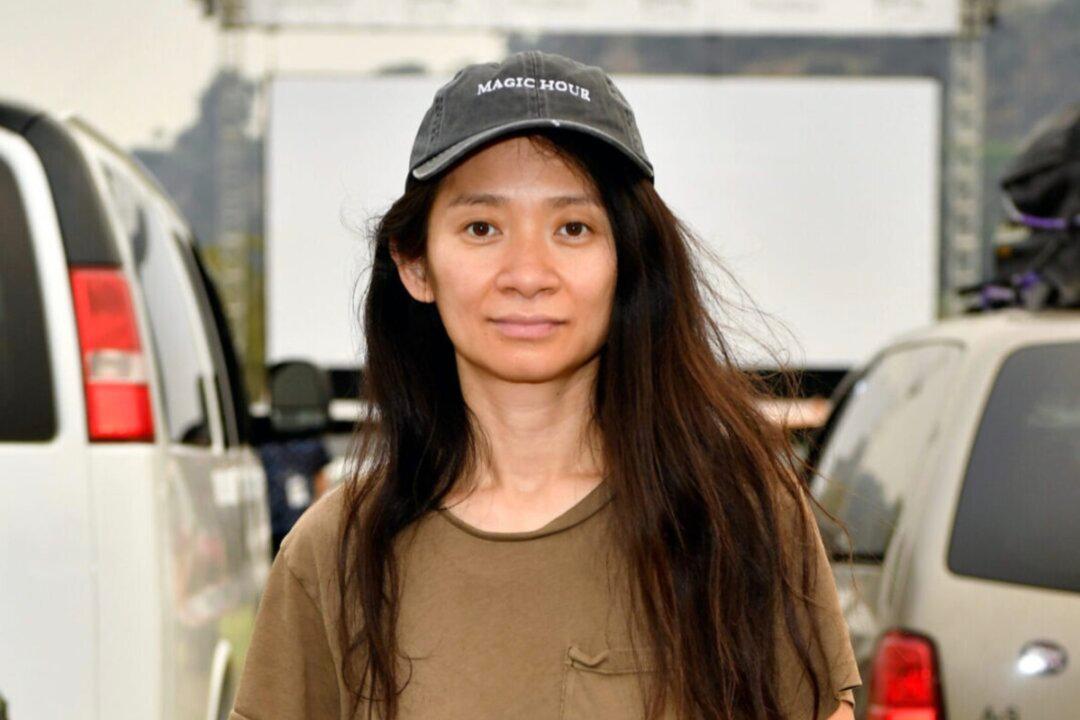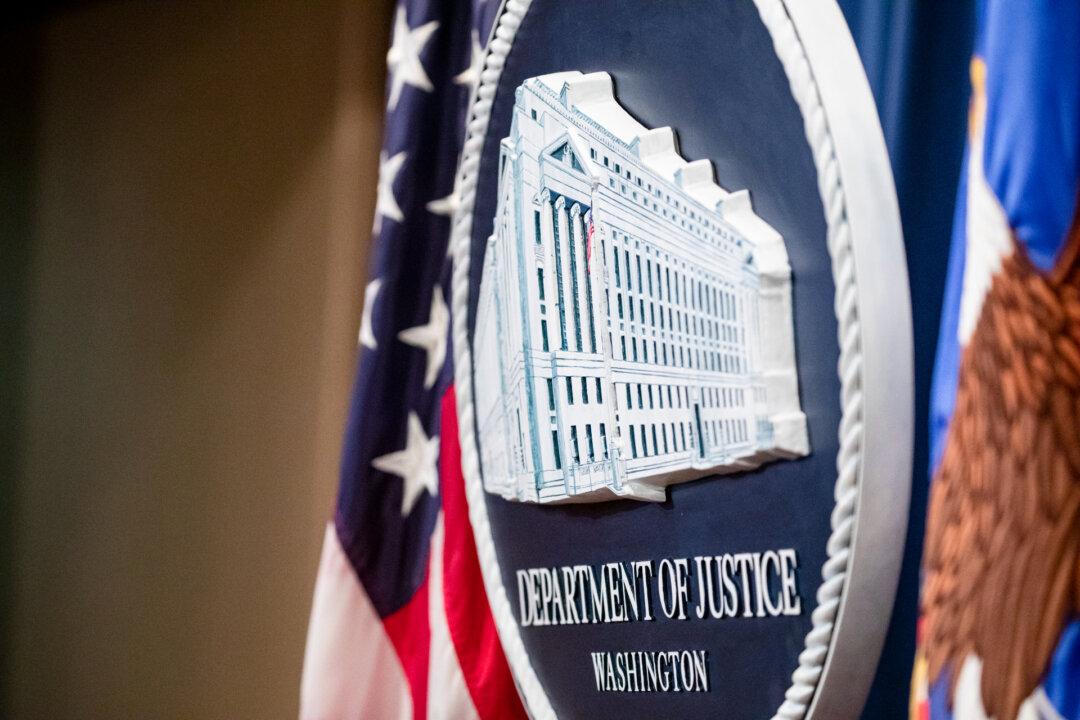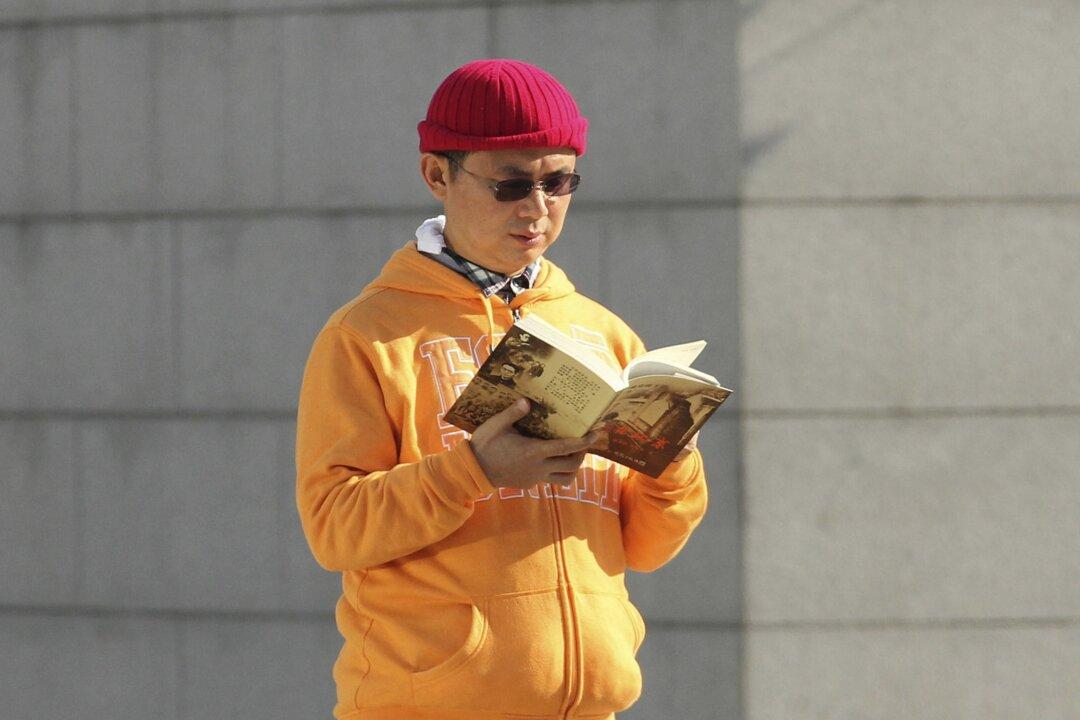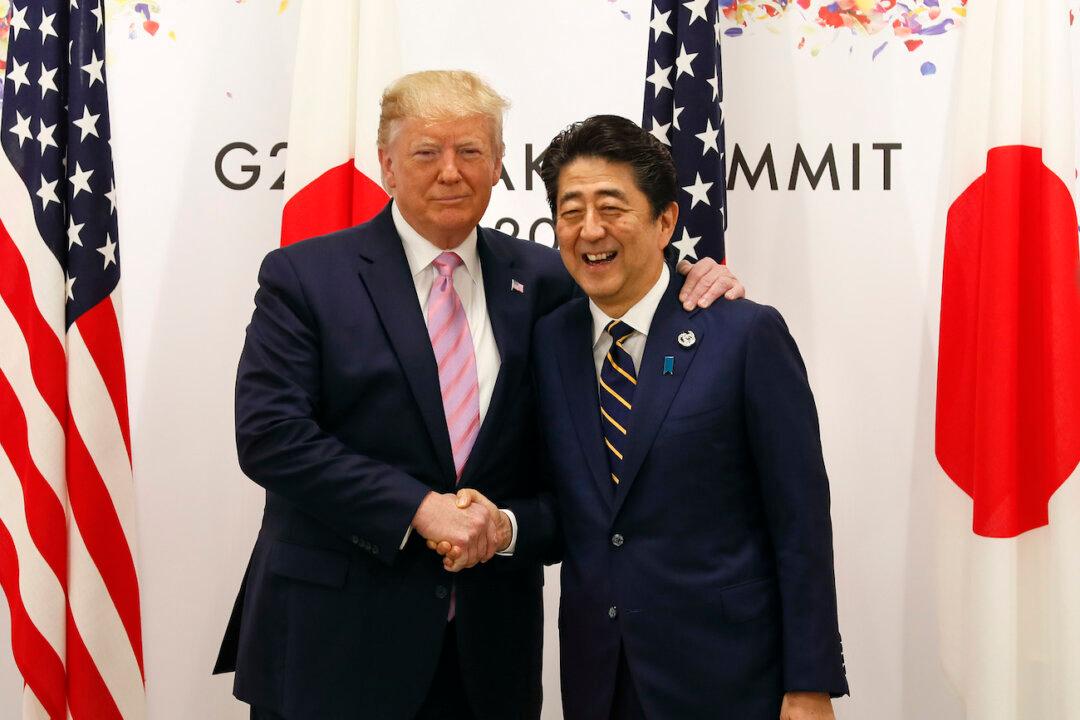Weeks ahead of the 93rd Oscars ceremony, scheduled for April 25 this year, Chinese authorities are said to have ordered state media outlets to downplay the event, with China’s state broadcaster CCTV saying it will cancel its planned live streaming.
According to Radio Free Asia (RFA), sources said that the decision was made by the Chinese Communist Party’s (CCP) top propaganda body—the Publicity Department shortly after the films Do Not Split and Nomadland were listed among the award nominees by the Academy of Motion Picture Arts and Sciences on March 15.





